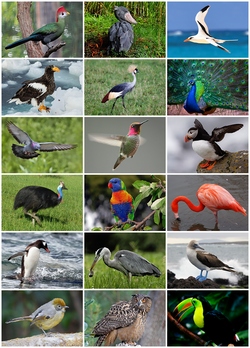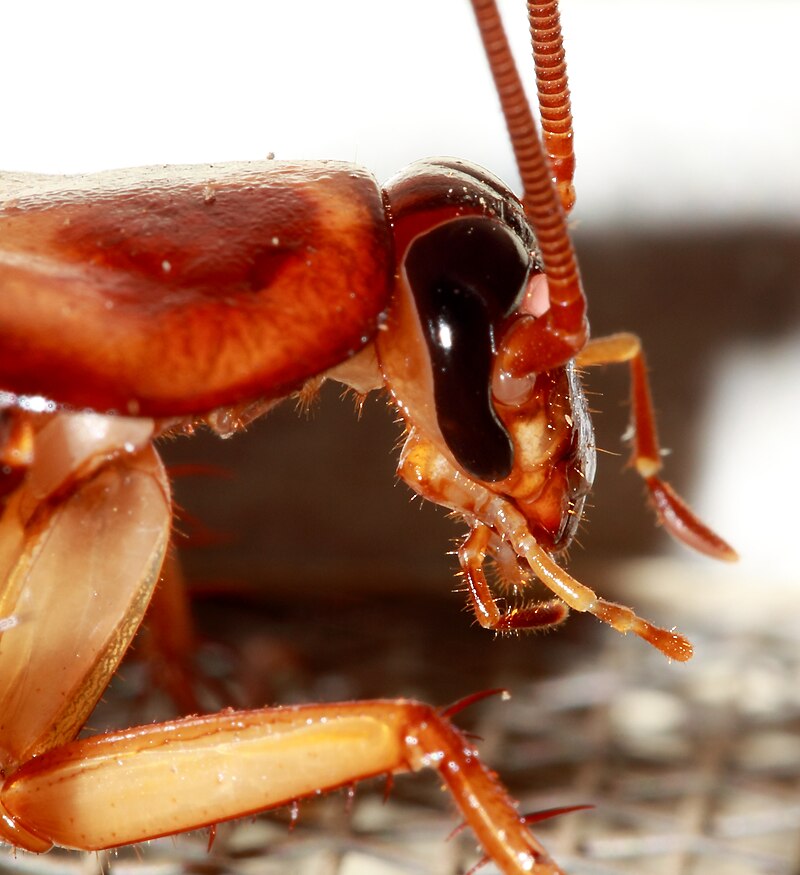I LOVE THIS MEETING!
DAY 3 included several very interesting comparative physiology sessions.
 Image of birds from Wikipedia
Image of birds from Wikipedia
Eldon Braun (University of Arizona) spoke about how birds have a unique way to prevent water loss and thereby dehydration. In mammals, the kidneys are responsible for recovering water from the urine. However when birds are well-hydrated, the urine enters the colon and moves backwards up the gastrointestinal tract to facilitate water reabsorption prior to voiding the urine.
Hiroko Nishimura (The University of Tennessee) spoke about work she had done over the years looking at special water channels in the kidneys of birds.
Blair Wolf (University of New Mexico) presented data examining how birds prevent water loss while adapting to a warming climate.
Alexander Gerson (University of Massachusetts) talked about how birds prevent water loss during long distance migrations.
Karen Sweazea (Arizona State University) spoke about how insulin increases urine formation in birds.
Todd McWhorter (University of Adelaide) spoke about how nectar-feeding birds regulate how much water they absorb from their diet. Some birds regulate water balance in the kidney and some regulate it in the digestive tract.
Coleman Sheehy III (University of Florida) presented data on how ancestors of neotropical snakes, which are known to have adapted the ability the extract snails from shells, might have originally consumed earthworms.
 Image of cockroach from Wikipedia
Image of cockroach from Wikipedia
Rubie Medina (University of La Verne) presented data suggesting that food remains in the crops of unfed cockroaches longer than fed animals. I did not even know that cockroaches had crops!
 Image of Tobacco Hornworm Caterpillar by Daniel Schwen (Own work) [CC BY-SA 4.0 (http://creativecommons.org/licenses/by-sa/4.0)], via Wikimedia Commons
Image of Tobacco Hornworm Caterpillar by Daniel Schwen (Own work) [CC BY-SA 4.0 (http://creativecommons.org/licenses/by-sa/4.0)], via Wikimedia Commons
Kendra Greenlee (North Dakota State University) presented data showing that consumption of a high fat diet causes Tobacco Hornworm Caterpillars to eat less. If only it had that effect on me...
Matthew Powell (Stevenson University) spoke about how important folic acid is in the formation of DNA and perhaps in the types of microbes that call our guts "home". Also, like us, fruit flies cannot make their own folic acid!

